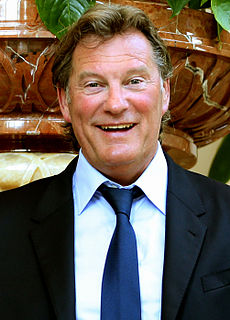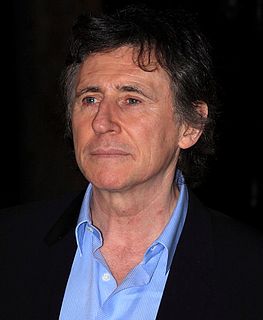A Quote by John Grant
I think the thing that I find the most difficult to talk about is religion.
Related Quotes
I find it very difficult to relate to India's new middle class. This very patriotic and neoliberal group that mixes religion and economics together. I find them very irksome. Very difficult to like. They are privileged, but they don't want to talk about their privilege. It's difficult to find poetry amongst these people. Some sort of hidden spirit of beauty.
One reason which I find particularly fascinating about Israel is this. There is no such thing as a Jewish civilization. There is a Jewish culture, a Jewish religion, but there is no such thing as a Jewish civilization. The Jews were a component basically of two civilizations. In the Western world, we talk about the Judeo-Christian tradition and you talk about the Judeo-Islamic tradition because there were large and important Jewish communities living in the lands of Islam.
I would say plotting is the most difficult thing for me. Characterization is only hard because sometimes I feel I get so interested in it that I want to talk too much about the characters and that slows the story down. So I say, "Hey, people want to find out what's going to happen next, they don't want to listen to you spout off about this or that person." But I think even the bad guy deserves to tell his side of the story.
Pathology is a relatively easy thing to discuss, health is very difficult. This, of course, is one of the reasons why there is such a thing as the sacred, and why the sacred is difficult to talk about, because the sacred is peculiarly related to the healthy. One does not like to disturb the sacred, for in general, to talk about something changes it, and perhaps will turn it into a pathology.
She had that thing most people don't have - curiosity. She might not have always got the right answers, but she wanted to ask the questions. It's very hard if you are interested in ideas and all that, ideas and the philosophies of the past, it's very hard to find someone around here to really talk to. That's the tragedy of the thing really I mean, when you think about it. Certainly I can't find anyone around here to talk to anymore. And for a woman it's even harder you see. They can feel very trapped - because of the patriarchy. I do feel everyone needs to have these little chats now and then.
What happens at the average church or synagogue or mosque is that I don't know many priests or ministers or rabbis who say to their congregation, 'go home and talk about the religion at the kitchen table with your kids...talk about God, talk about what this is all about.' They say in general, come back on the weekend, we'll talk to you about it.




































